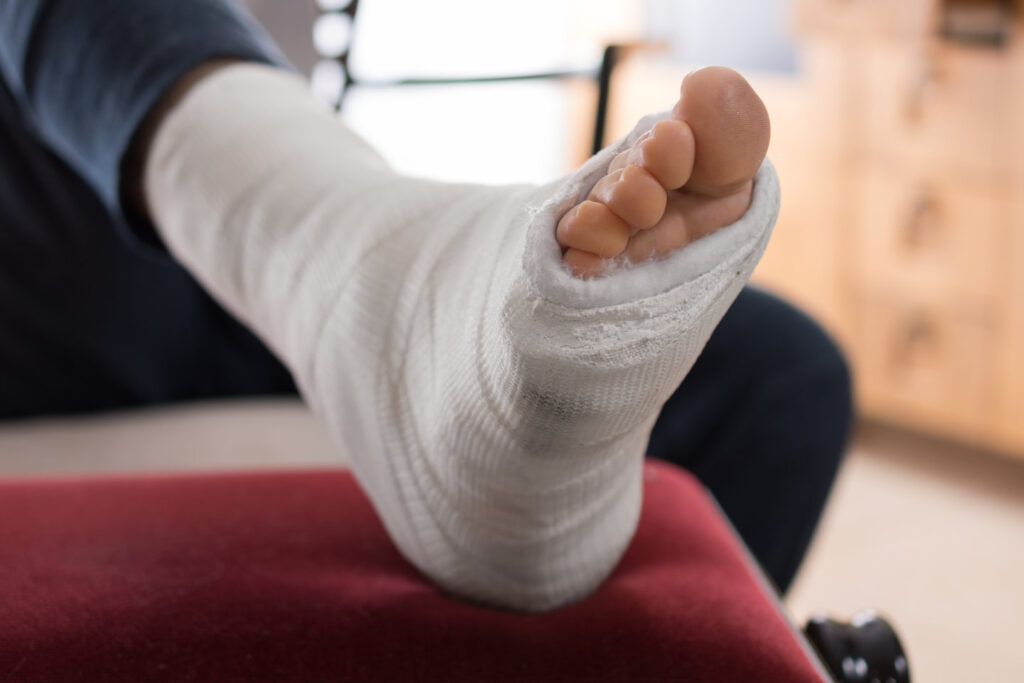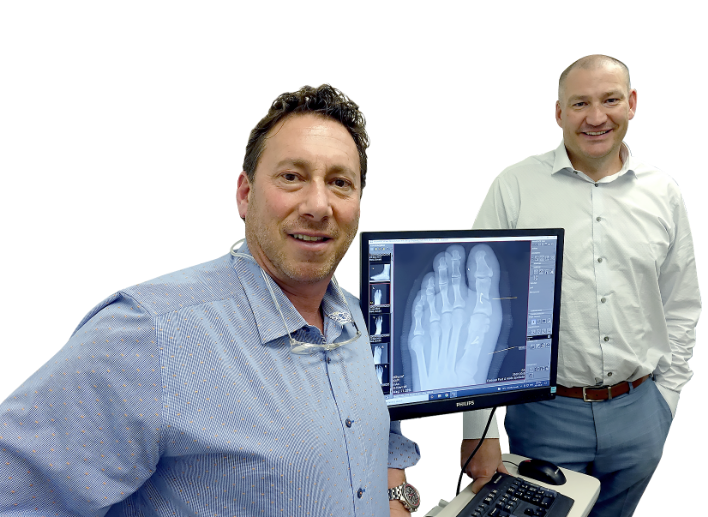Share Post
An Achilles tendon tear, also known as an Achilles tendon rupture, is a significant injury where the Achilles tendon, a strong band of tissue that connects the calf muscles to the heel bone (calcaneus), partially or completely tears or ruptures. This injury can be quite painful and often results in difficulty walking and a loss of strength in the affected leg. Proper conditioning and preventive measures will definitely be of great help to avoid rupture.
Some preventive measures are:
Gradual Conditioning: Avoid sudden increases in physical activity, especially if you are not accustomed to it. Gradually condition your body to new activities or sports to allow your Achilles tendon to adapt to the stress.
Stretching and Strengthening: Regularly engage in stretching and strengthening exercises for the calf muscles and Achilles tendon. This can improve flexibility and resilience.
Proper Footwear: Choose footwear that provides adequate support, especially for activities like running and sports. Ensure that your shoes fit well and are appropriate for the activity you are engaging in.
Warm-Up and Cool Down: Always warm up before exercise and cool down afterward. This prepares your muscles and tendons for the activity and helps prevent injuries.
Listen to Your Body: Pay attention to any signs of Achilles tendon pain or discomfort. If you experience persistent pain or notice any unusual sensations in your Achilles tendon, consult a healthcare professional promptly.
Maintain a Healthy Lifestyle: Good overall health, including a well-balanced diet, proper hydration, and maintaining a healthy body weight, can contribute to the health of your Achilles tendon.
Cross-Training: Vary your physical activities to prevent overuse of the Achilles tendon. Cross-training can help distribute stress and reduce the risk of injury.
Avoid Overexertion: Be mindful of pushing yourself too hard during physical activities, especially if you are fatigued. Overexertion can increase the risk of injury.
Orthotics: If you have a history of Achilles issues or foot biomechanical problems, consider using orthotic devices or insoles as recommended by a healthcare professional.
Professional Guidance: If you have specific concerns about your Achilles tendon, consult a healthcare provider or physical therapist for guidance on injury prevention and appropriate exercises.
Achilles Tendon Tear: Can a torn Achilles tendon heal on its own?

A torn Achilles tendon, whether partial or complete, typically does not heal on its own without medical intervention. The Achilles tendon is a thick, strong band of tissue, and a significant tear in this tendon often requires specialized treatment to ensure proper healing and functional recovery. Without appropriate medical care, a torn Achilles tendon can lead to complications and long-term impairment.
Achilles tendon tears require prompt medical attention, and early intervention can lead to a better outcome and quicker recovery. Regardless of the chosen treatment method, rehabilitation and physical therapy are crucial for restoring strength, flexibility, and function in the affected leg. Visit Feldman & Leavitt Foot and Ankle Specialists about the best treatment plan for your needs.
As a general rule, procedures are performed on an outpatient basis in an Alberta Health Services (AHS) approved Surgical Center or in a Hospital. Surgical procedural costs are covered by AHS or the patient may opt for private surgery to avoid a waiting time. A visit to Feldman Foot And Ankle Specialists will CLEARLY define all available patient options.

